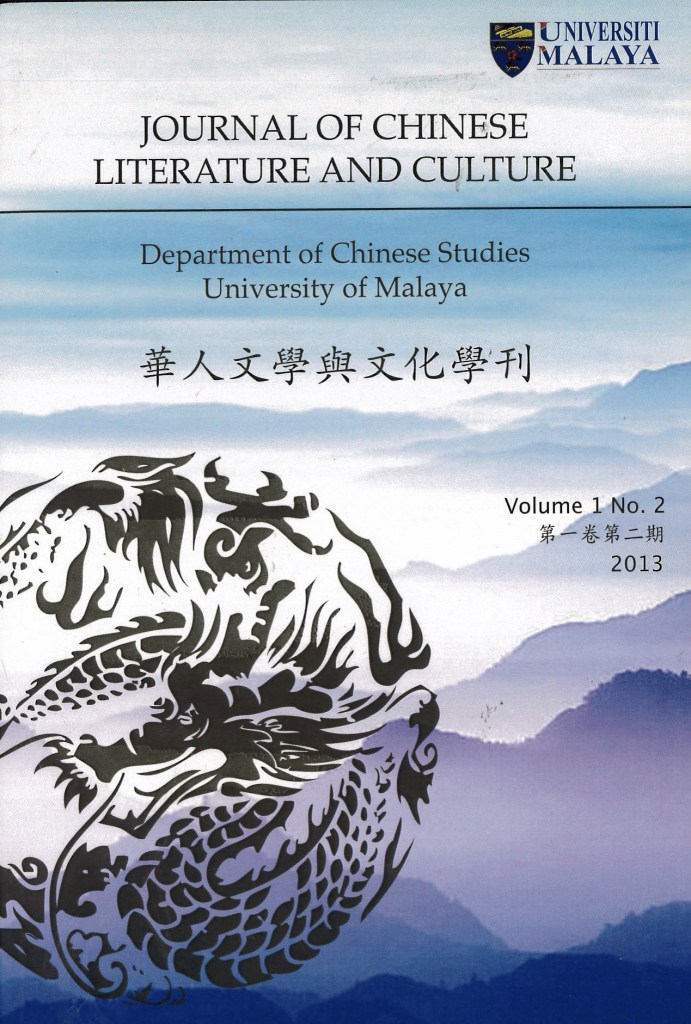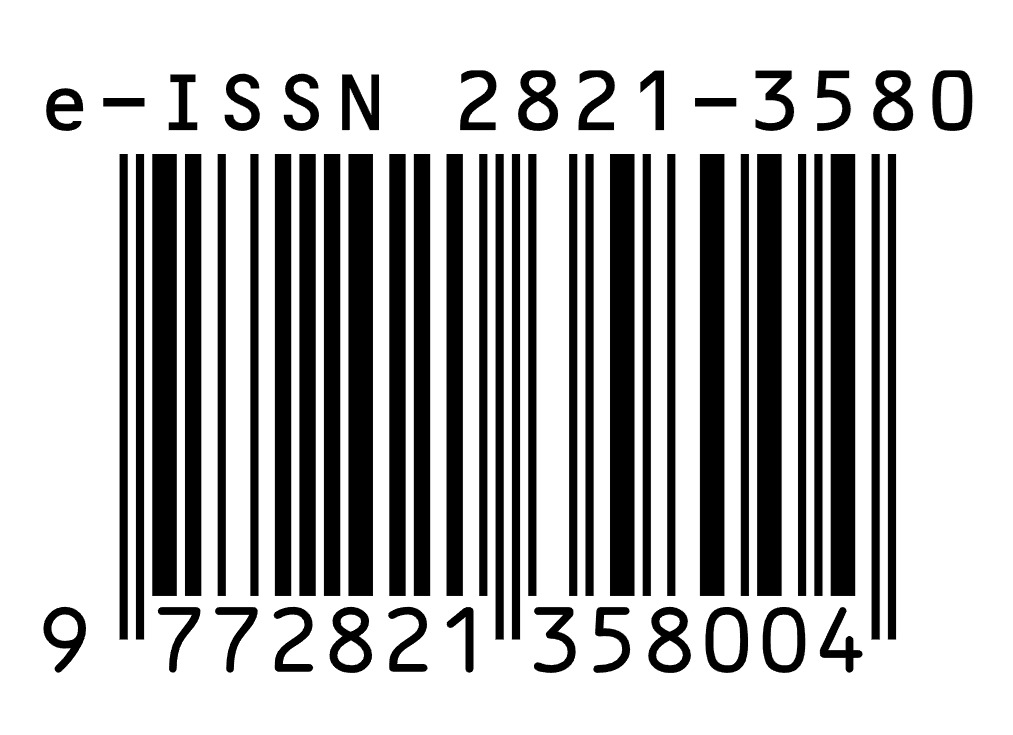Writing Consciousness and the Transcendental Localized Modernity in Mahua Literature
Keywords:
Mahua writing consciousness, Nanyang, vast hinterland literature, dualcolonialism, transcendental localized modernityAbstract
Existing discourses on literary history often regard Malaysian literature in Chinese (better known as Mahua literature) as a continuation of the May 4th Movement’s New Literature abroad. Perceptions of the relationship between Mahua literature and mainland Chinese literature, often from the viewpoint of historical origins and unilateral cultural connection, lack an in-depth retrospection on the influence of Western Enlightenment during the May 4th Movement. Thus, it is not surprising that the narrative in the current Mahua literary history quickly turns to the period of new emergent literature (xinxing wenxue) in the 1920s. Such an attempt, reflecting the influence of China’s leftist-revolutionary literature, has gained the favor and respect of the writers of literary history. What we can be sure of is that, in the pursuits of the internal spirit and practical writing of the history of literature, what one can never deny is the obsession with the nation. However, that historical perspective cannot effectively explain the emergence of the writing consciousness in Mahua literature and also the spirit that gradually developed under Western colonialism. Mahua writing consciousness reflects the fluctuation of its historical development. The Chinese community in Malaya before World War II was frequently influenced by China’s domestic political situation, and undoubtedly had left quite some significant traces in literary works. Initially, it was anarchism which was imported to Malaya in the 1920s, followed by the spread of communism, the ideological conflict between the Chinese Communist Party (MCP) and the Kuomintang (KMT), as well as the patriotism and high nationalist sentiments resulting from the anti-Japanese movement. Such incidents easily allowed people to accept China as the sole factor which had promoted the Mahua writing consciousness without question. Thus, Mahua literature, on this view, would be inevitably biased. In fact, the presence of colonialism not only contributed to the sentiments of antifeudalism, anti-imperialism, and anti-colonialism of new emergent literature in the light of Chinese nationalism; more importantly, the social and political changes in mainland China had caused reaction from the Chinese community in Malaya, thus bringing the corresponding measures by the colonialist and various responses from the cultural/ literary circles. In other words, the implementation of various administrative and legal measures was to denounce China as a precursor to the social and political movements by the overseas Chinese. Apparently, the consciousness of Mahua writing was deeply constrained by the China factor. However, what has often been overlooked is that the connotation of transcendental localized modernity was precisely germinated within the structure of colonialism, particularly the double-colonialism in the early post-war period, i.e., the Western capital mode of economic colonialism and the colonialism of Chinese communism. This paper tries to discern the specific role of the colonialism factor in the Mahua literature in the pre-war and early post-war period and furthermore, to survey its contribution in generating the consciousness of Mahua writing and the possible forms of Mahua modernity.






